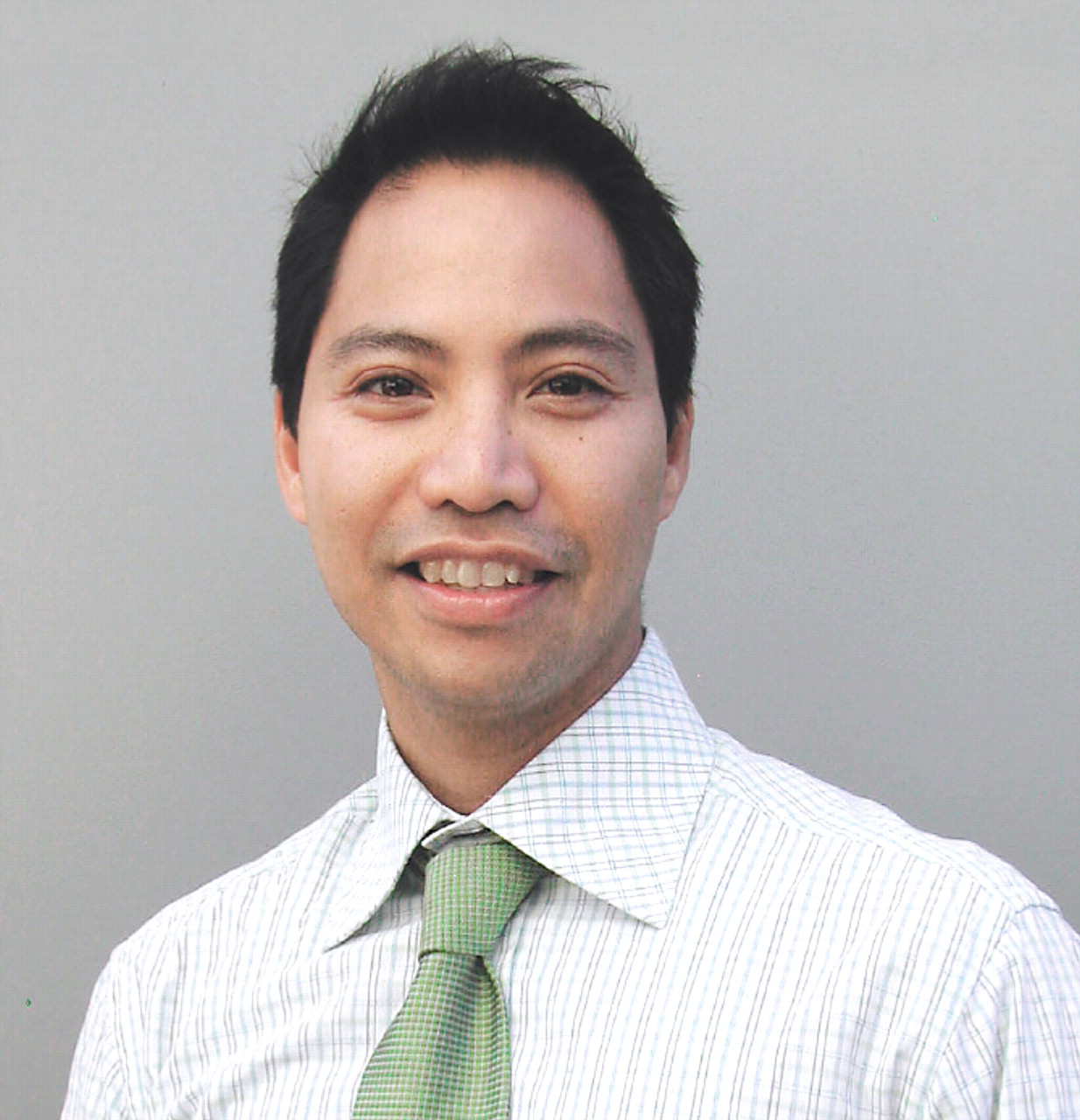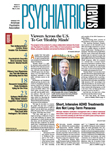As an APA/SAMHSA fellow, I had the privilege to be invited to present a poster at the 2009 World Psychiatric Association (Zone 3) conference in Havana, Cuba, in February, and since few of my colleagues have been able to travel to Cuba, I want to share some of my impressions.
When I found out that my presentation, “Minority Adolescent Addiction Programs and Advocacy's Role in Enhancement of Services,” was accepted, I was excited. Then I quickly realized that as a U.S. citizen, I might be thwarted by U.S. restrictions that have blocked most travel to Cuba since early 1962. I certainly did not want to break the law. I was reassured by Michael Kerman, president of Leading Edge Seminars, the Toronto-based company that acted as registrar for this international conference, that my trip would be allowed once I proved that I was a full-time mental health clinician going to a conference organized by the World Psychiatric Association (WPA). I could do this by presenting my CV to customs officials. I was able to obtain a visa and catch a charter flight from Miami. I brought lots of Band-Aids and medications such as acetaminophen to donate to the outpatient clinic sites I planned to visit.
Once at the conference, it was nice to see familiar faces. I saw Dr. Pedro Ruiz, for example, who is a past APA president and the current WPA president-elect. His speech at the opening ceremony was inspirational, and he noted that he was born in Cuba.
The Cuban Psychiatric Association made arrangements for program presenters to discuss emerging trends in psychotherapy, medications, and social programs in Cuba, the United States, and Canada.
Also, there was an opportunity to go behind the scenes during site visits to community mental health programs. There were, for example,“ conversation cafes” where we were able to interact with Cuban mental health professionals. One of the Cuban psychiatrists I met was very interested in ECT and asked me lots of questions, thinking that I must be an expert in this treatment modality. I was kicking myself as I wished I had paid better attention when an ECT lecture was given during my training.
Mental health services in Cuba are free. I was amazed that Cuban mental health professionals typically spend at least two hours with a patient, as opposed to the U.S. system in which visits are almost always far shorter. They do have psychotropic medications, which they receive via donations from other countries, since money is not available to import them. But accessibility to and availability of medications is a problem. The challenge for psychiatrists is deciding who should get the medications and for how long they can prescribe them considering the scarce supply. Imagine treating an out-of-control ADHD or schizophrenia patient when there are few if any medications available to treat their disorder. Since it is difficult to obtain medications, I was told that psychiatrists and mental health professionals focus on educating the public about mental illness prevention. They also use acupuncture, homeopathy, and dance and art therapy to help patients when medications aren't available.
When I think of Cuba, I associate it with the country's famous cigars. I was surprised to see that Cubans still smoke indoors! It was typical to see people smoking cigars in an enclosed jazz club. Often I had to curb my inclination to tell someone to smoke outside.
Addiction is prevalent in Cuba, particularly alcoholism and cannabis abuse. A small percentage of IV drug users do exist, though syringes are difficult to obtain. I was told that abuse of prescription medications such as pain killers is on the rise and that an “underground black market” in them exists.
I also had the opportunity to visit an HIV/AIDS clinic and realized how desperately Cuba needs antiviral medications.
In addition, since housing is a big problem in Cuba in general, shelters have not been established for victims of domestic violence or adolescent sexual/physical abuse who are left to protect themselves however they can.
Despite the differences between practices in Cuba and the United States, there are similarities as well. As in the United States, stigma is an issue in Cuba's mental health system.
My visit to Cuba was certainly a humbling experience, and I realized how much I take for granted in our country. Such simple things as bandages are readily available, but in Cuba they are nearly impossible to obtain. I was also able to learn the Cuban approaches to mental health services. With the path my career has taken and the therapeutic approaches I have learned in Cuba, I plan to incorporate this expanded base of knowledge in my future mental health practice. ▪

